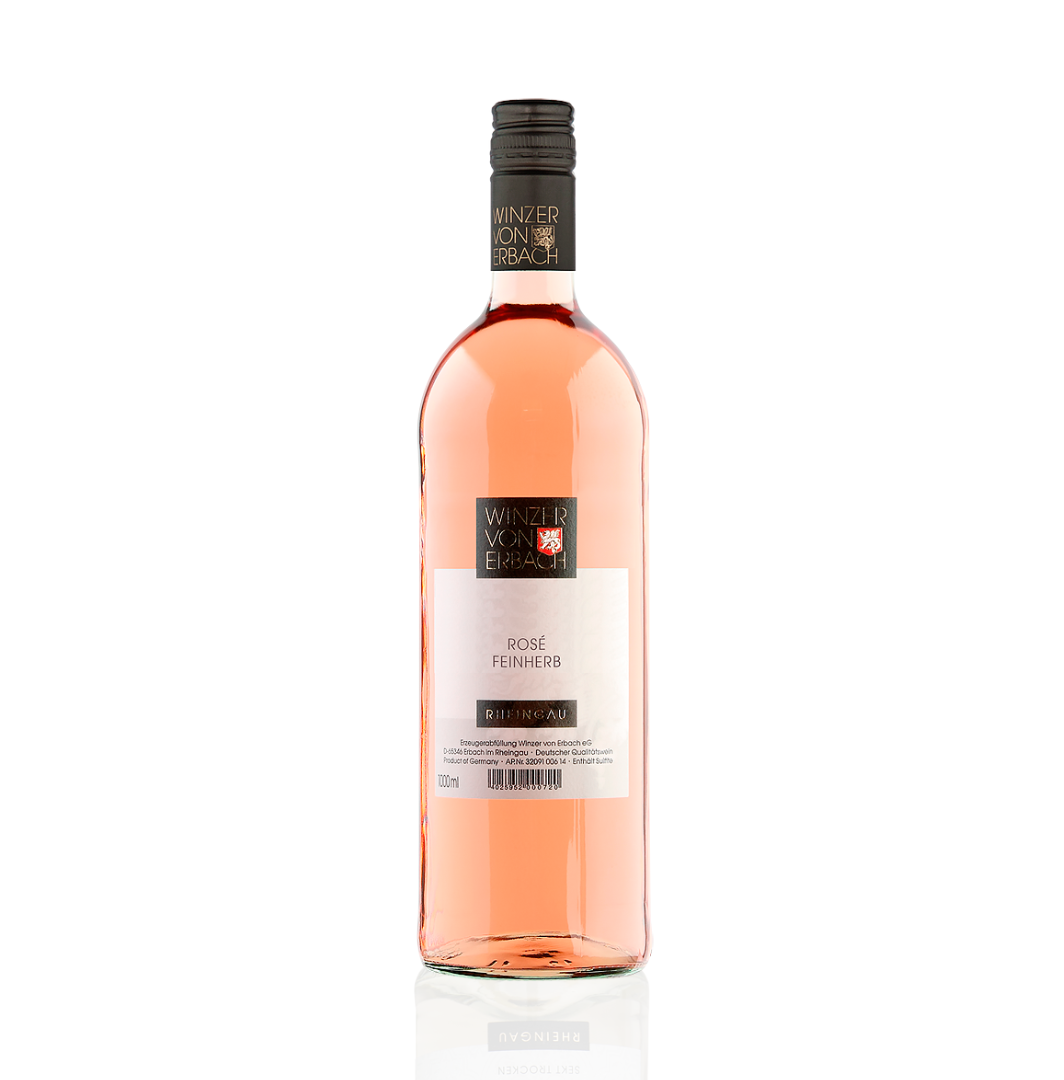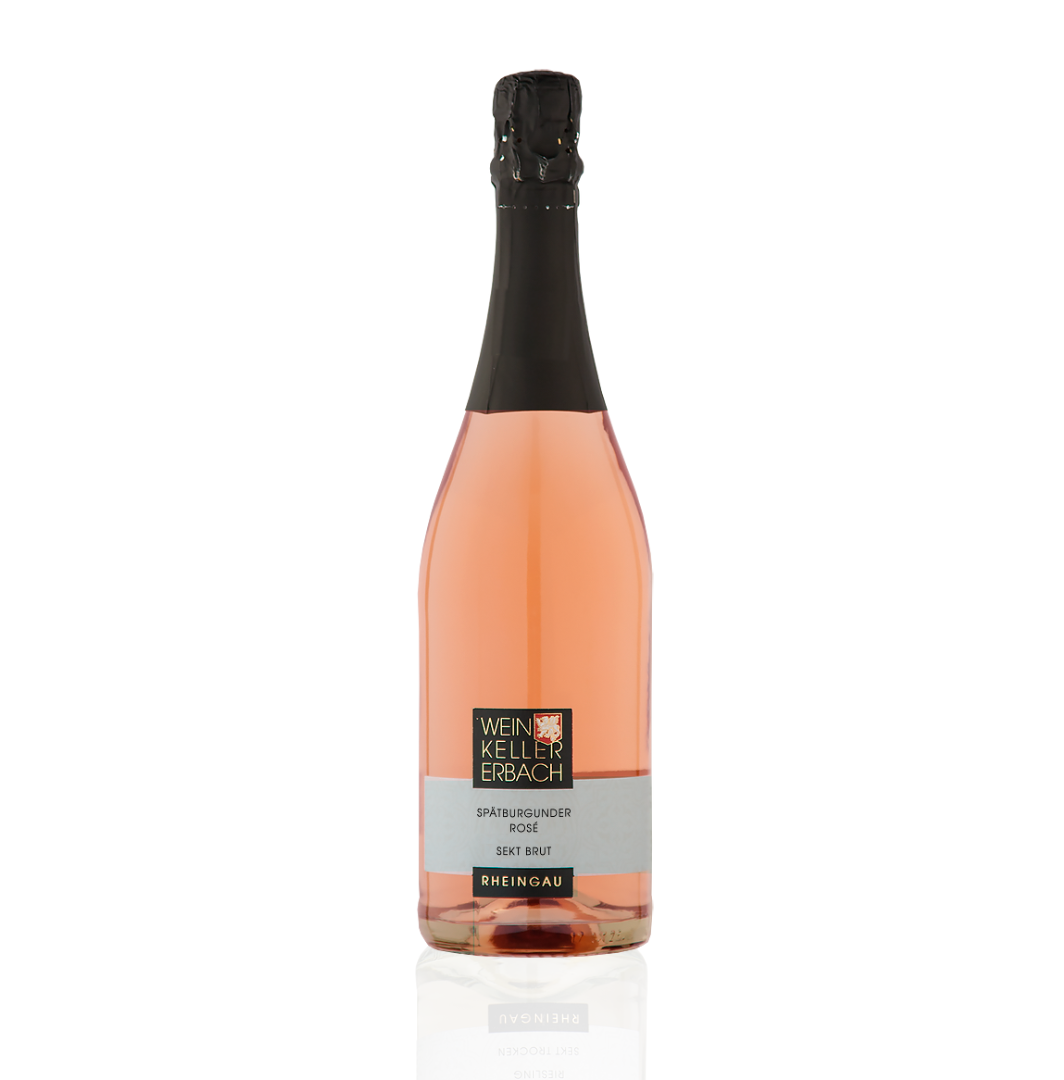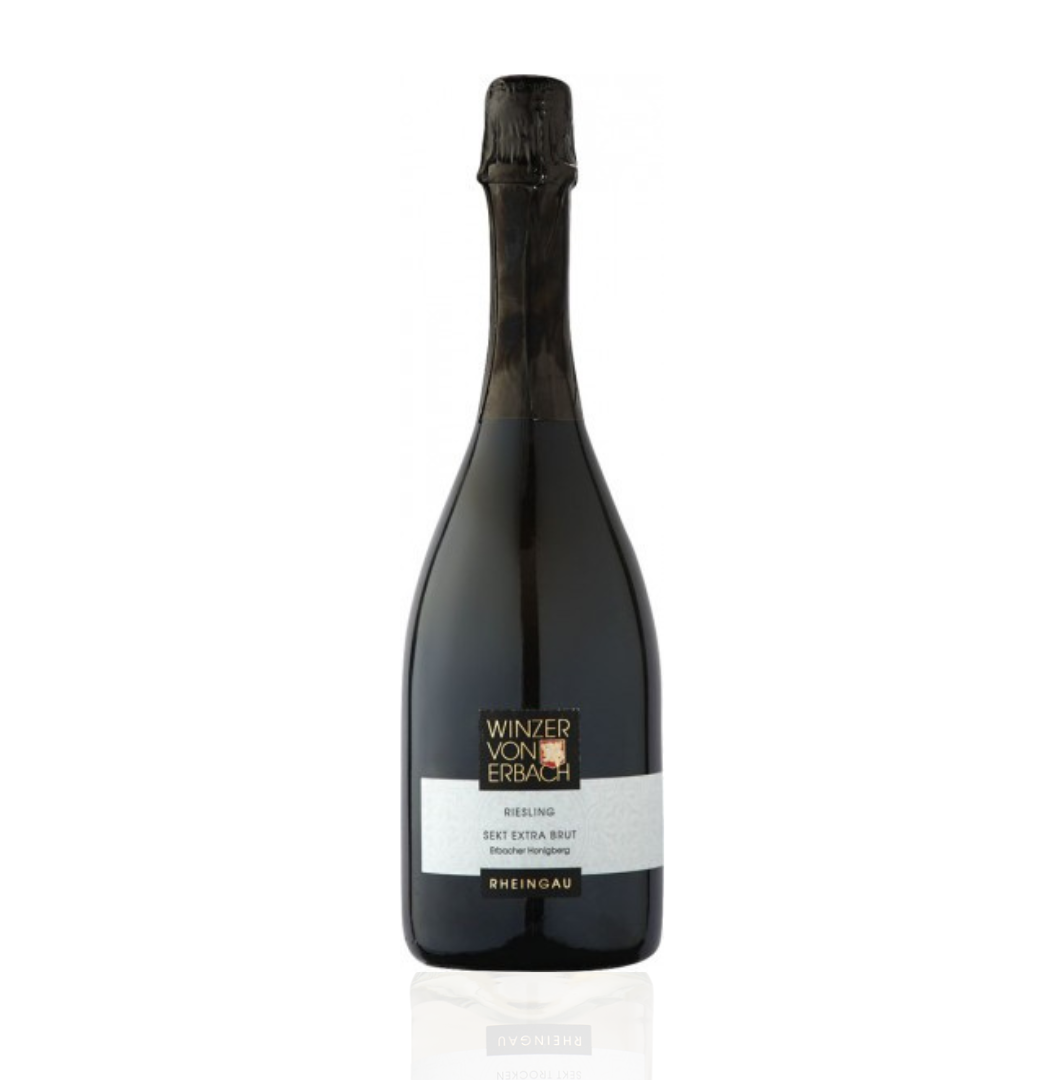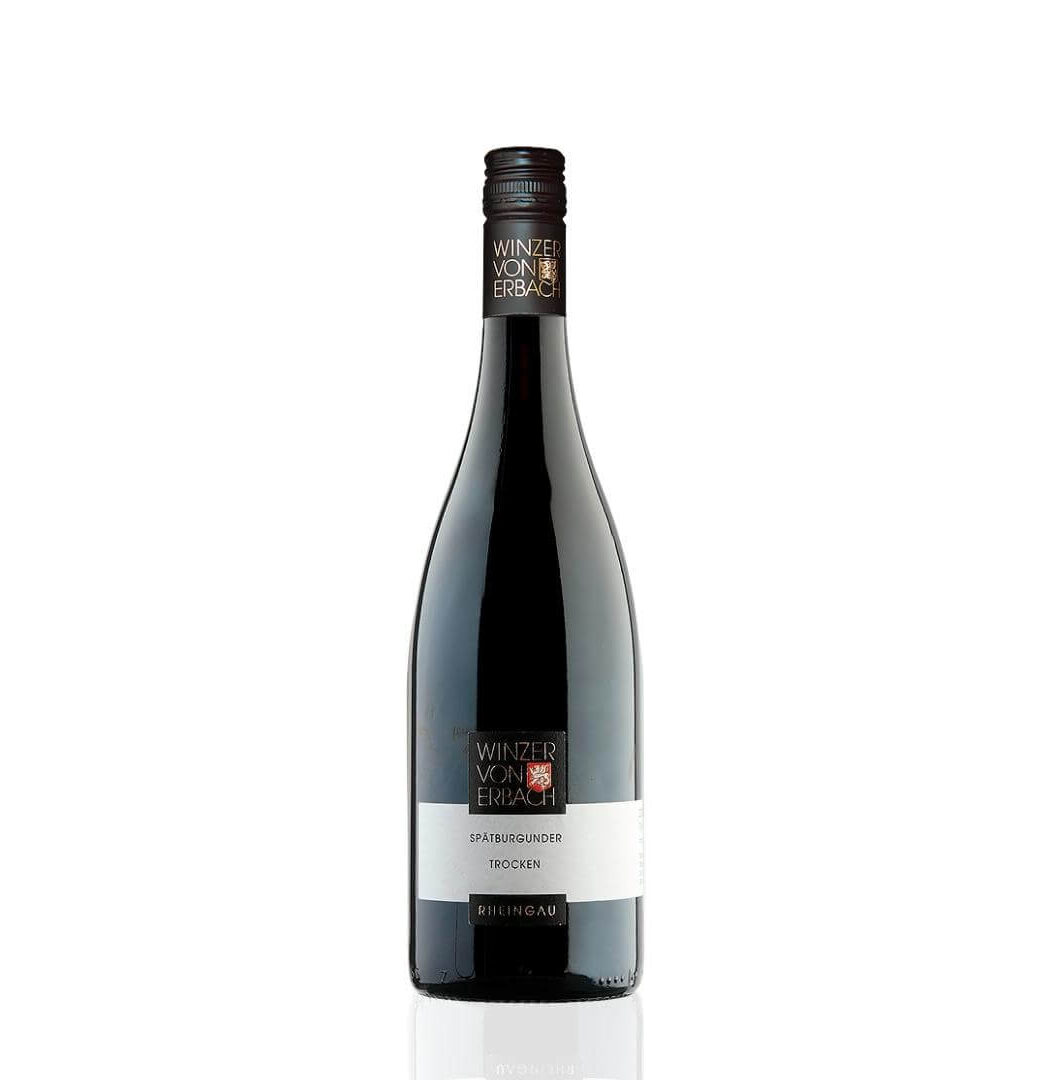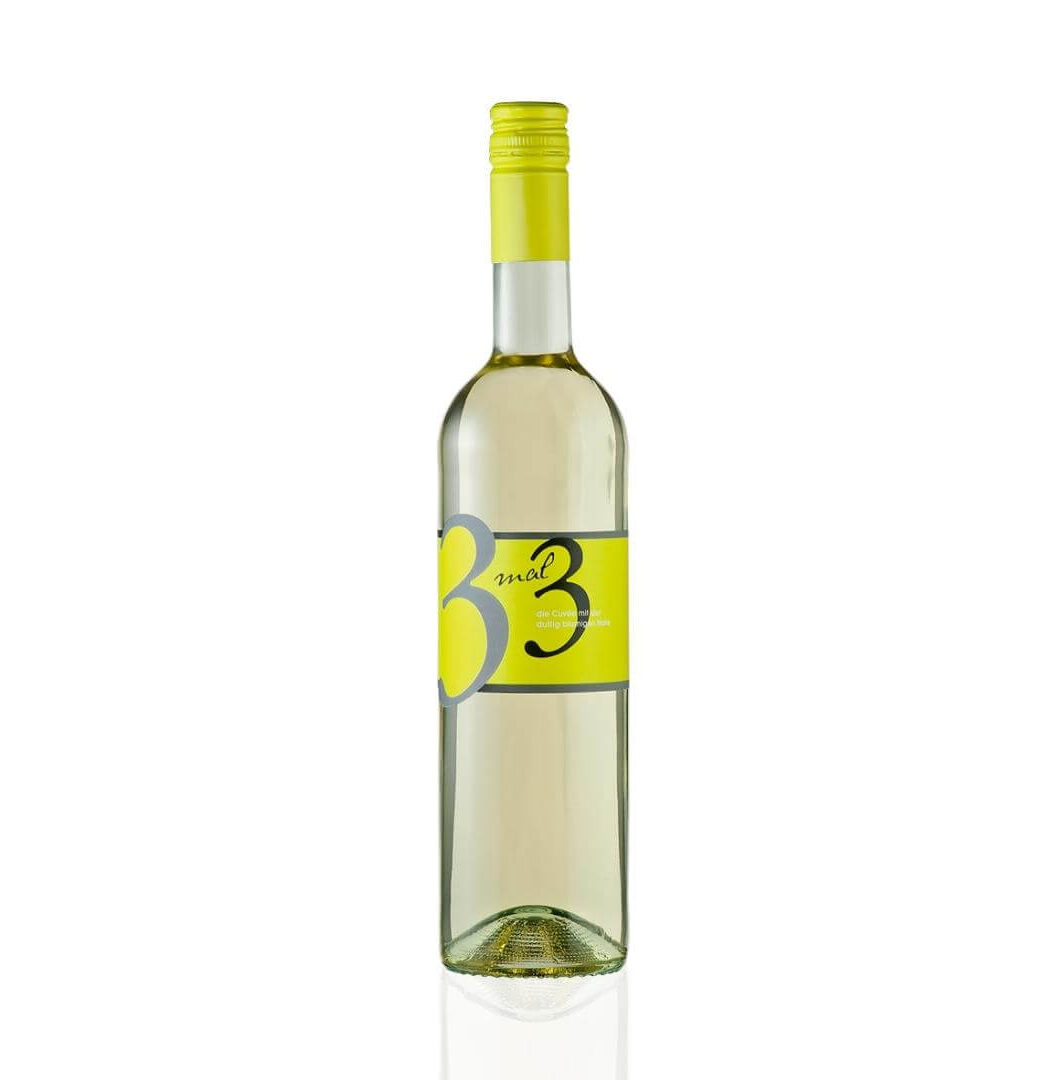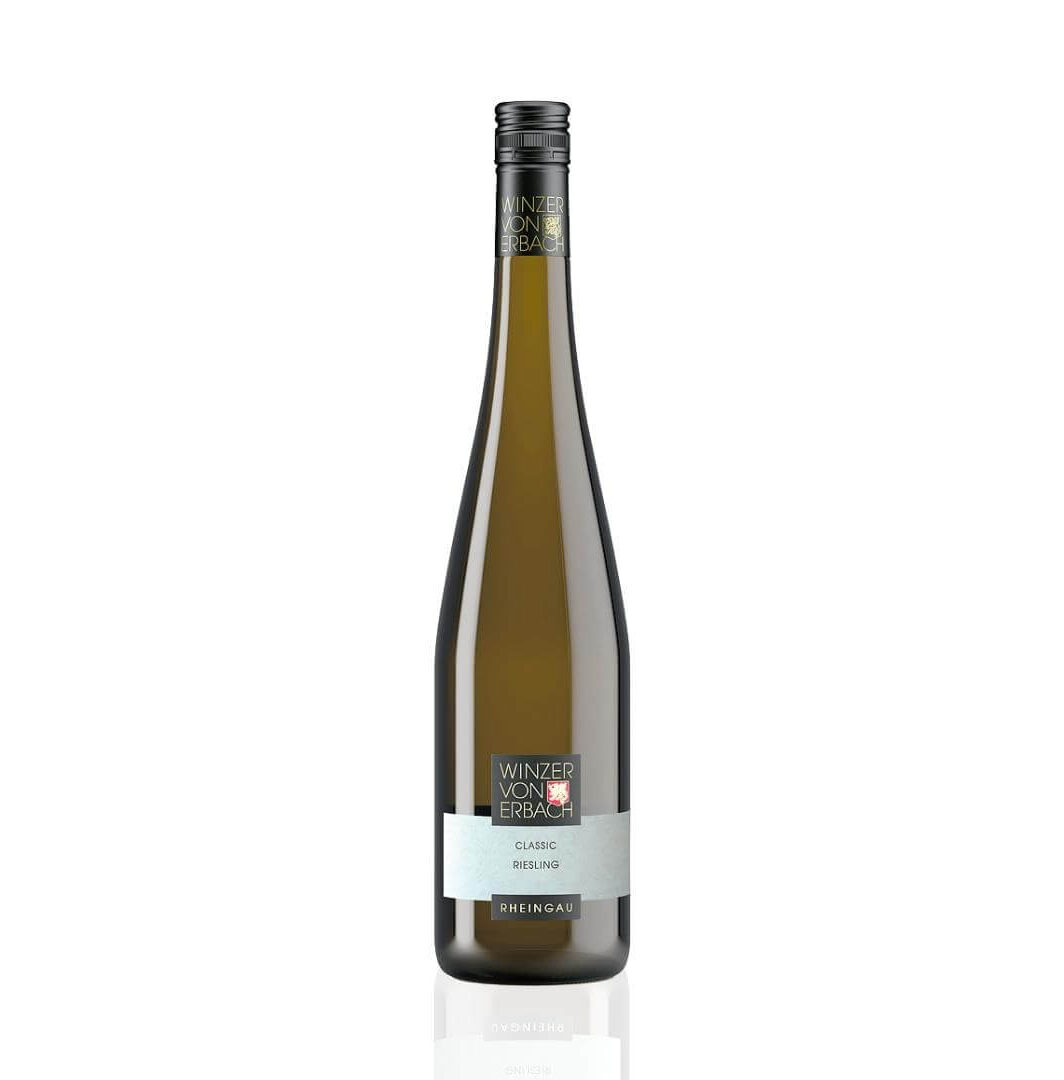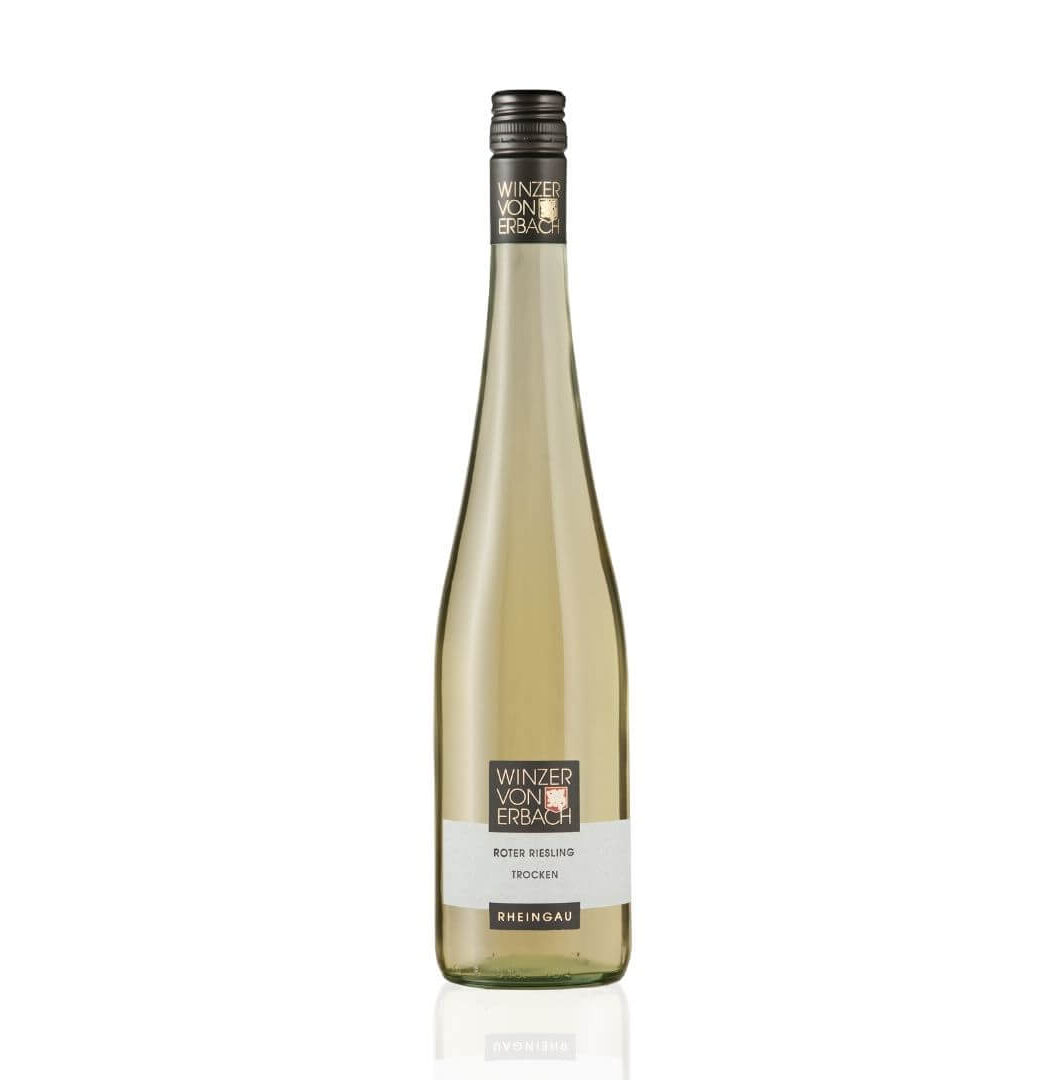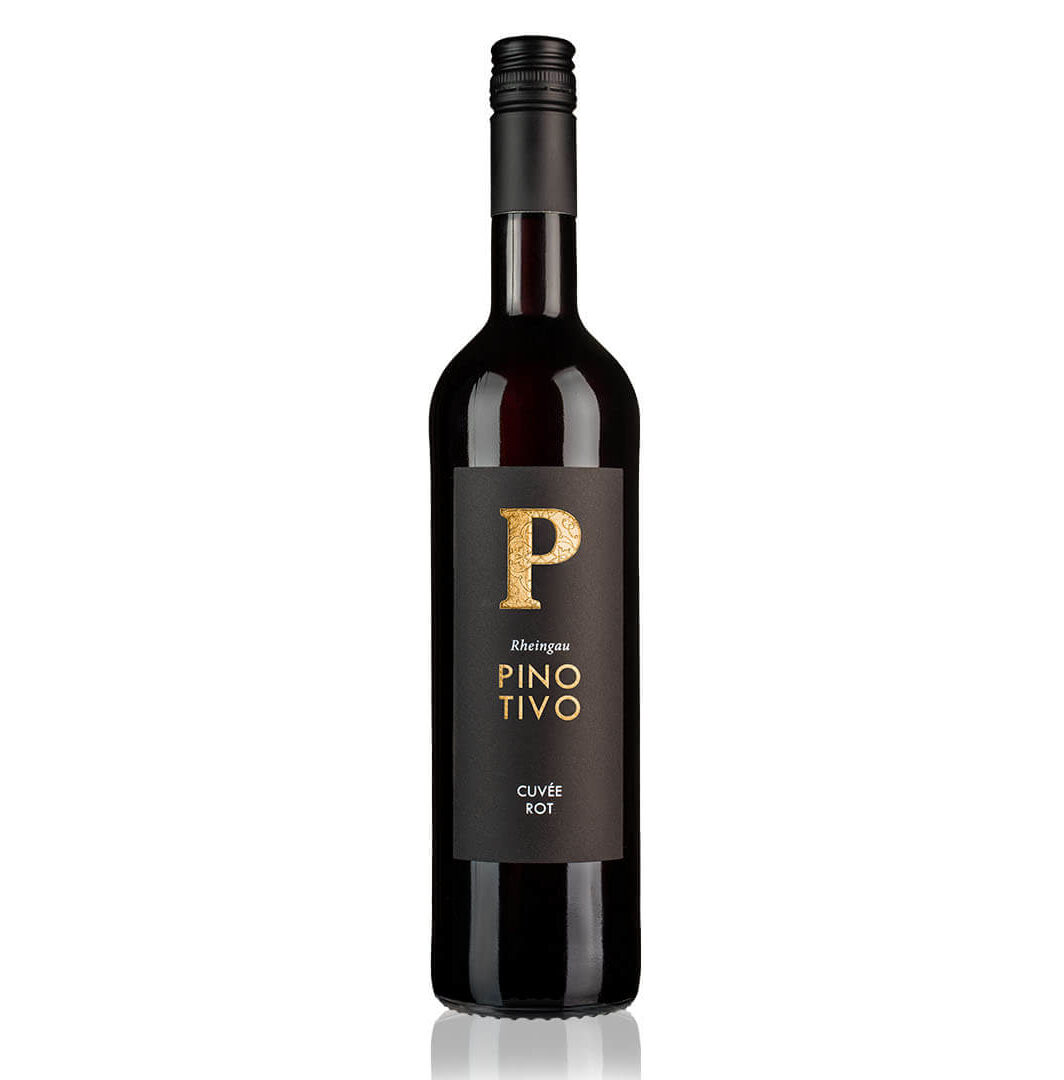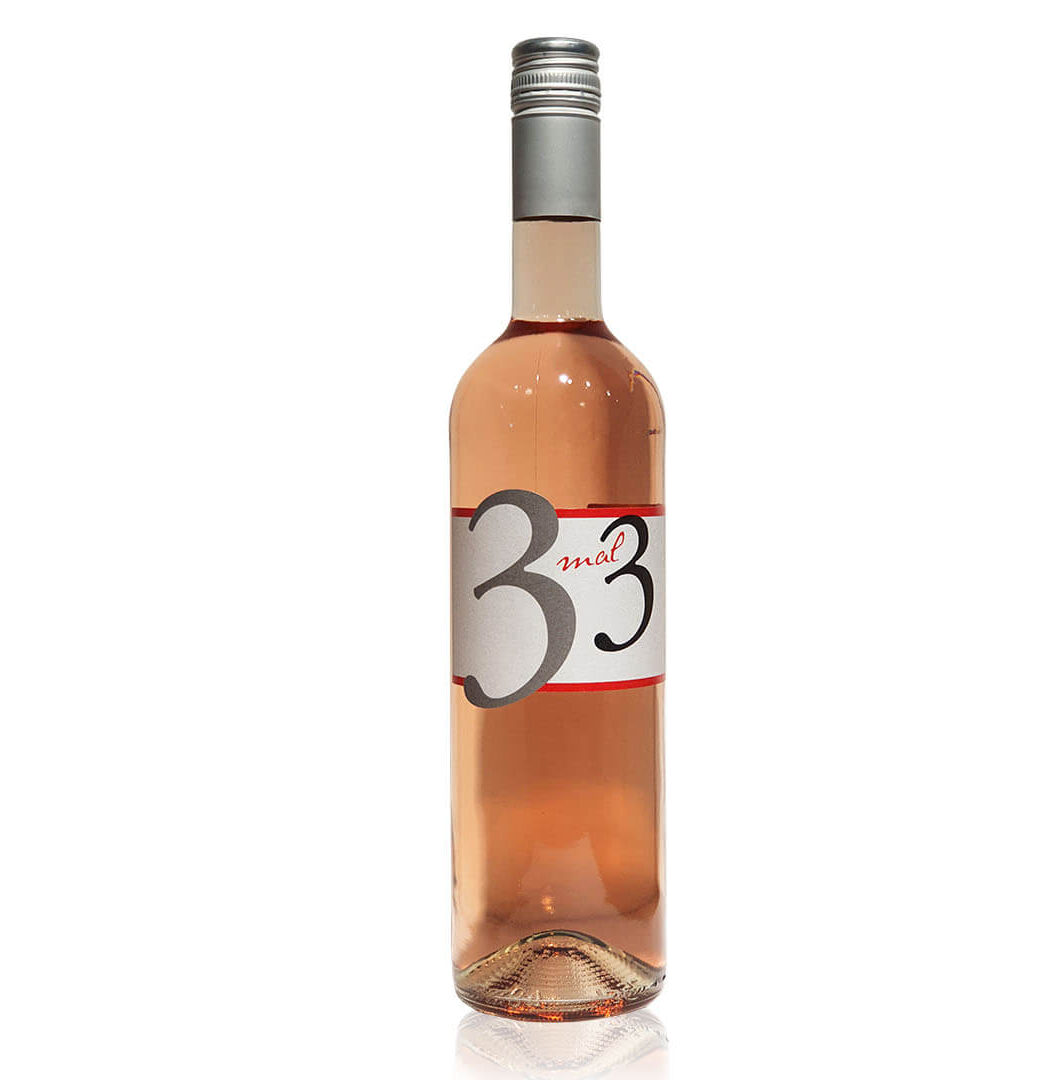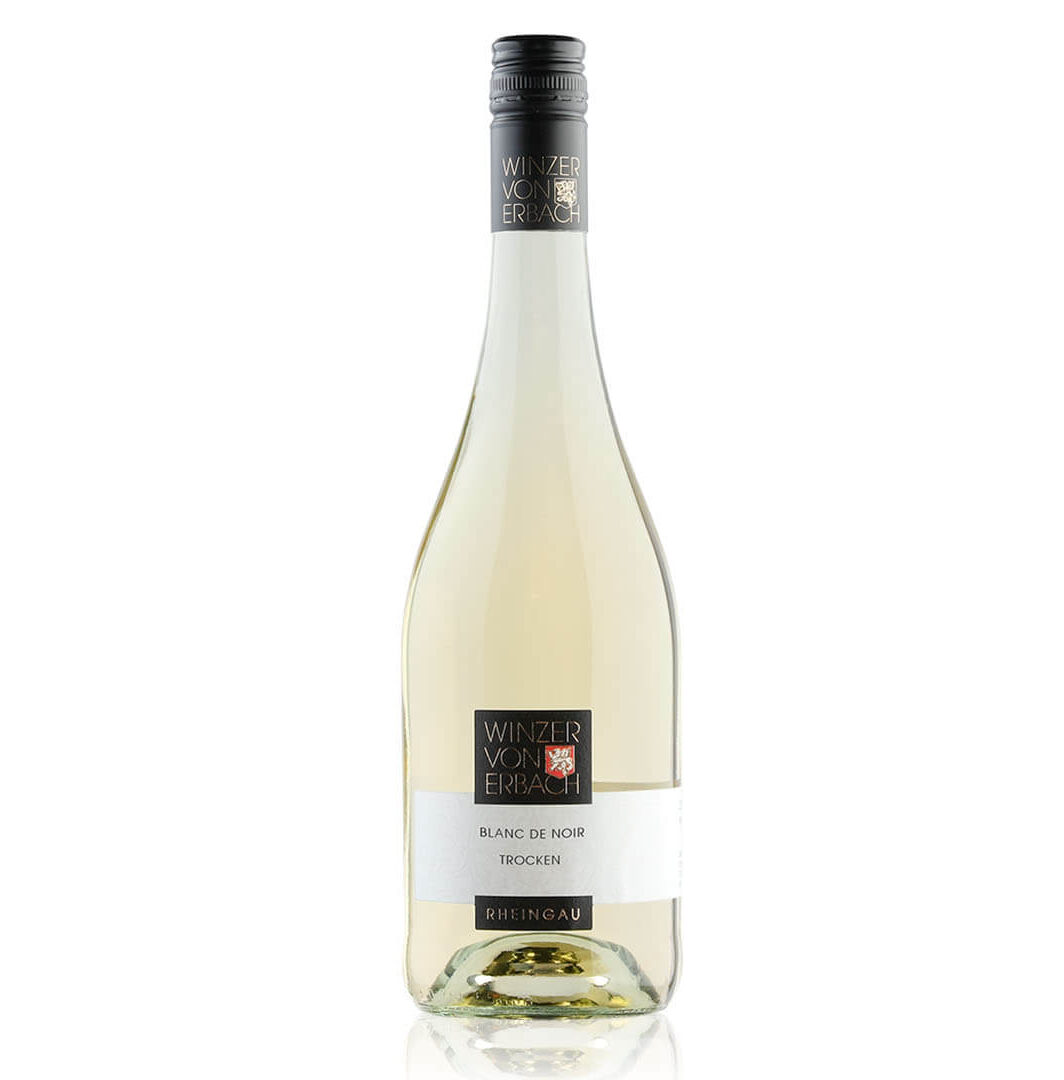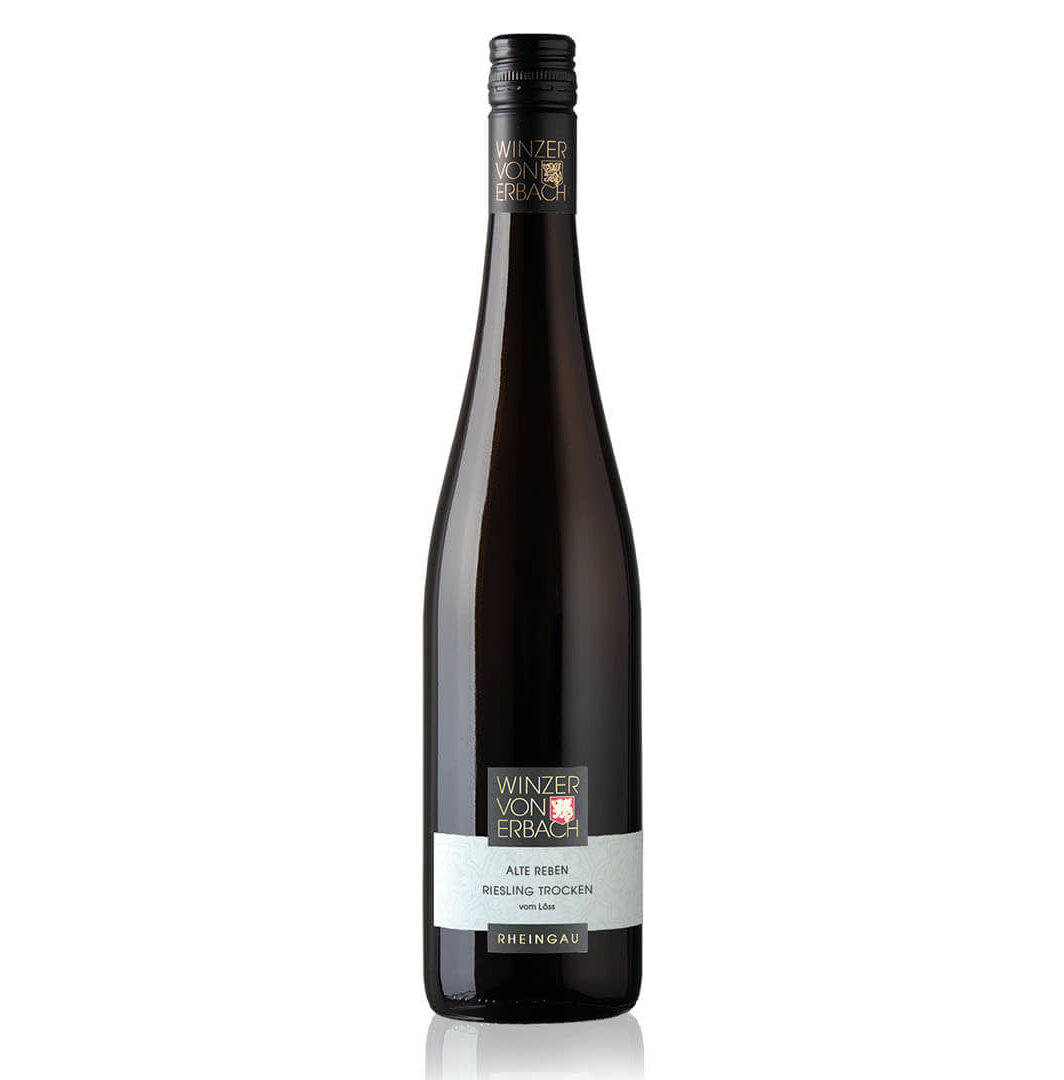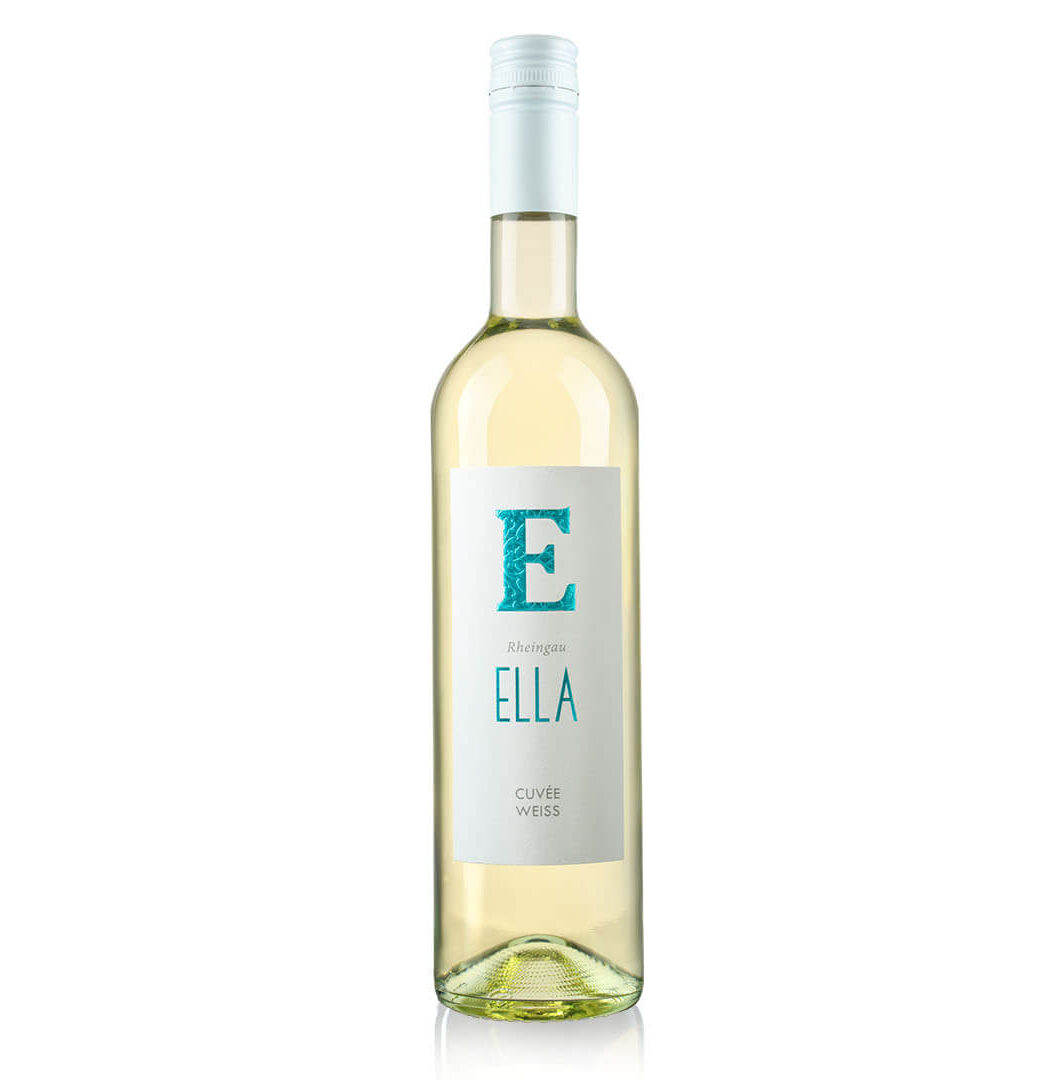German Wines from Erbach in Rheingau
The motto of the Winzergenossenschaft Erbach is “Small but fine”. And rightly so, because the company was titled by Hugh Johnson as the “best wine cooperative in Rheingau”. If the wine pope says that, who wants to contradict him. 31 member winemakers from Erbach deliver their grapes in Erbach.
The wines of the winemakers from Erbach are highly awarded: Nine state honors, state winner awards 2015 and 2017, highest praise in GaultMillau and VINUM Wine Guide adorn the reputation of the wine cooperative based in Rheingau. Above all, the Rieslings are celebrated, which are extract-rich, fruity-spicy, and of good structure.
The History
The Winzergenossenschaft Erbach was founded in its current form in 1953. However, the history of the Erbach winemakers and the history of Erbach viticulture can be traced back even further. The magnificent pressing hall from 1903 is a treasure of history and the pride of the cooperative. Tradition and modernity merge here in pure culture.
The Vineyards of the Winzergenossenschaft Erbach
The growing areas of the vines are located in Kiedrich and Rauenthal and cover a total of 33 hectares. The southwest location towards the Rhine and the protection from north winds by the Taunus mountains offer a unique wine-growing climate, for which the Rheingau is world-famous. The growing areas are Erbacher Michelmark, Erbacher Steinmorgen, Erbacher Honigberg, Rauenthaler Steinmächer, and the Kindlicher Klosterberg.
Here, over 90% of predominantly white grape varieties are grown. Riesling makes up about 85% of this. But other grape varieties are also grown: Red Riesling, Pinot Gris, Pinot Blanc, Goldmuskateller, Cabernet Blanc, Pinot Noir, Cabernet Dorio, and Saint Laurent.
The Production of Award-Winning Wine
The foundation for the special wines is already laid during the vineyard work with moderate pruning and selective harvesting. The most modern cellar technology combined with traditional wine maturation guarantees success.
The grape juice undergoes a strict pre-clarification and fermentation under temperature control of 14-16 degrees to preserve the main aroma of the fruit and, if necessary, the natural residual sweetness. Until spring, young wines mature on wine yeast and can thus gain in complexity.
The red wines are stored in high-quality oak barrels made of German, American, and French oak.
Try it yourself!
At our wine tastings, you can try the wine from the Winzergenossenschaft Erbach. In the wine shop, you can easily order the Rheingau wine online.
In addition, exciting virtual wine tastings and wine tastings directly at the winemaker await you here at Wine-love.de, which we also offer as private events according to your taste. From time to time we also organize pop-up wine tastings with nice company in the wine shop in Schlangenbad. The best way to stay informed about all events is always on our channels on Facebook and Instagram.



